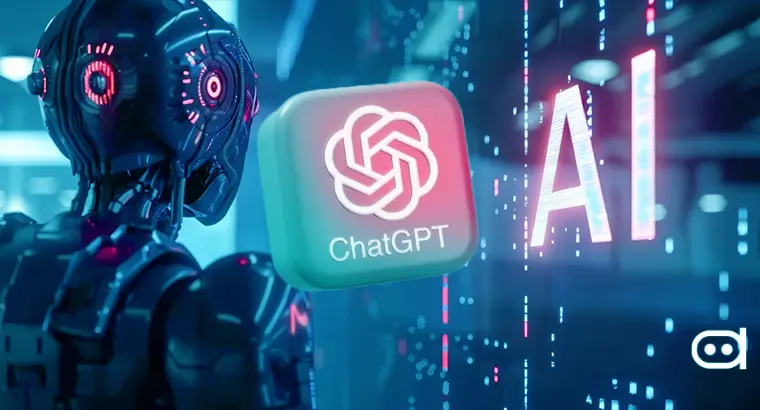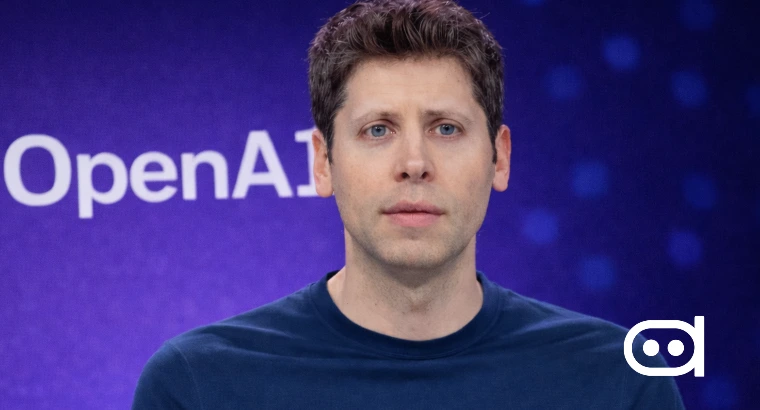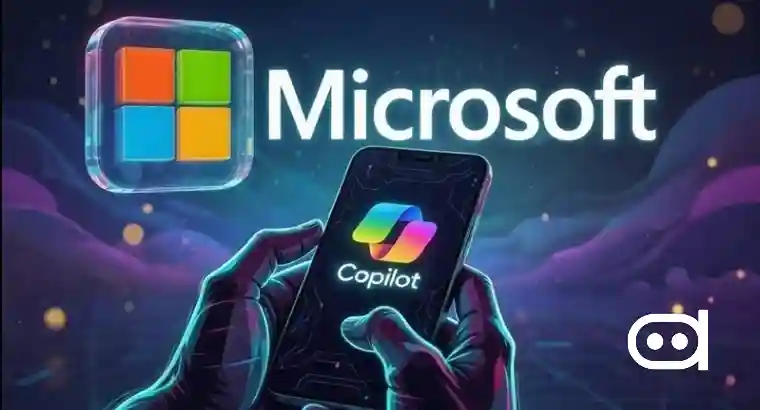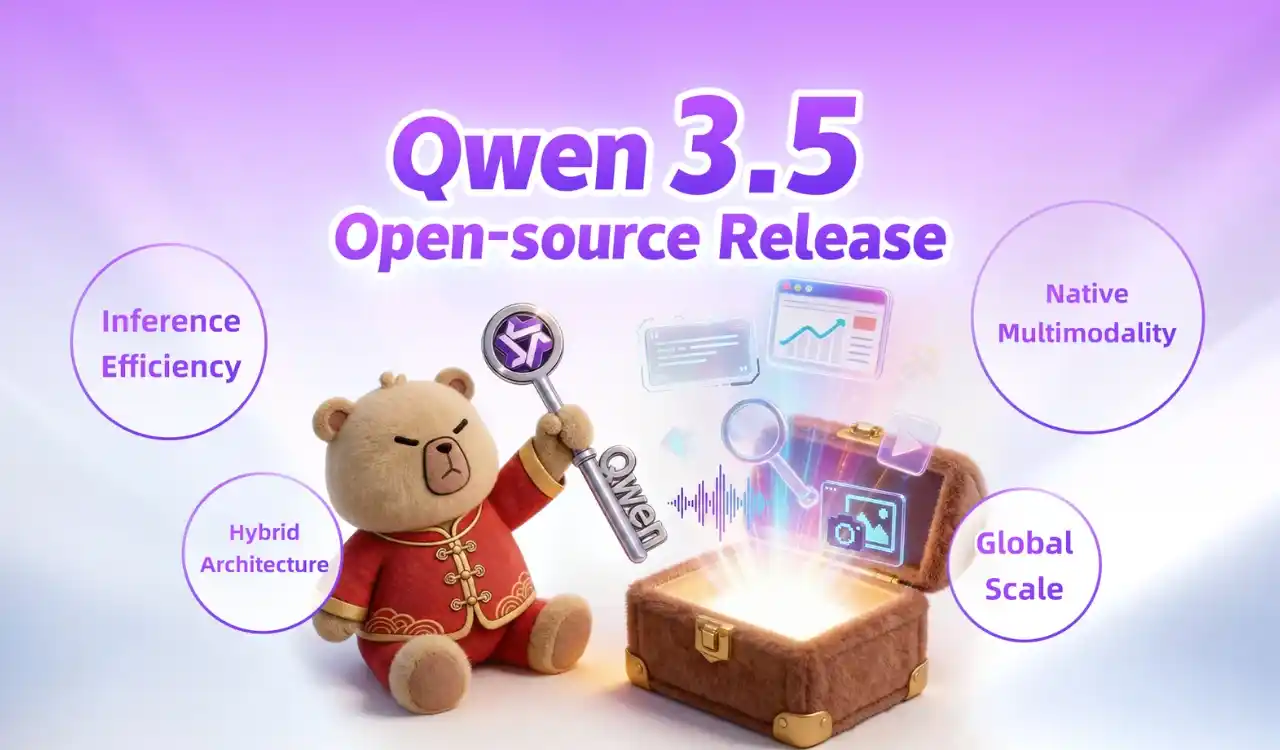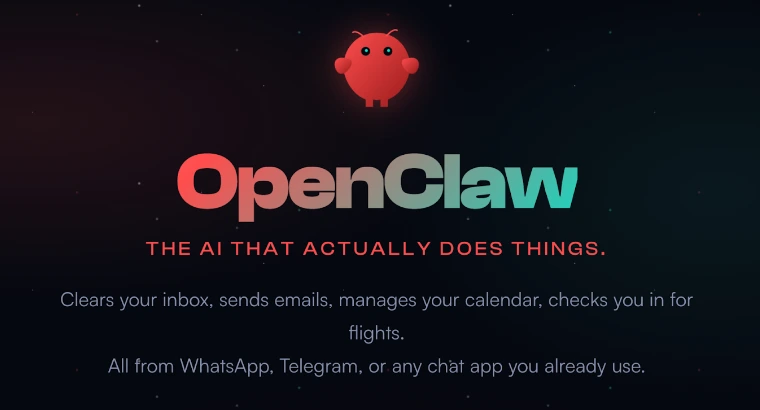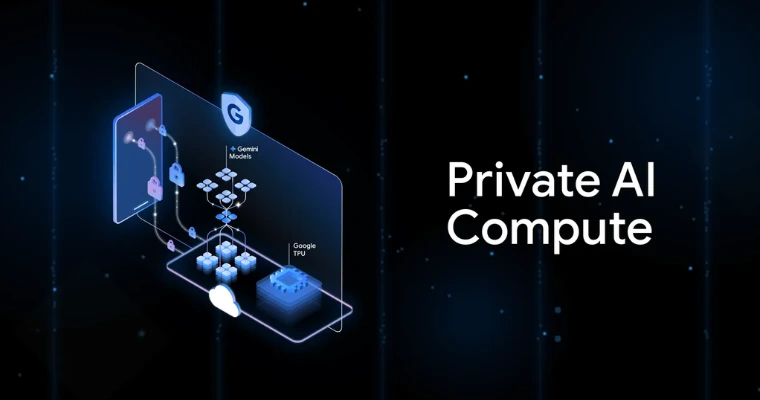
Key Highlights:
- Google has launched Private AI Compute, a cloud-based platform that can offer powerful AI performance while keeping user data completely private.
- The system uses Titanium Intelligence Enclaves (TIE) and encryption to ensure no one, not even Google engineers, can access processed data.
- It’s already powering features like Pixel 10’s Magic Cue and Recorder, with plans to expand across more AI products.
Although most of us use AI these days, we often overlook the privacy side of it. But, if you’re someone who is vigilant about how your data is being processed by companies, Google has some good news for you. Today, the Mountain View giant announced Private AI Compute, which it calls a new cloud-based AI platform that can deliver powerful model performance while keeping all your data private.
What is Private AI Compute?
It’s true that Google has built technology that can keep your data private on-device. But as AI gets more advanced, the need for more computing power increases. And, with that comes the risk of unauthorized access to your data. With Private AI Compute, Google is trying to bridge that gap by offering the benefit of cloud-based AI, that too without sacrificing their privacy.
Jay Yagnik, Google’s Vice President of AI Innovation and Research, says that the new platform allows AI model users to run complex, demanding tasks that go beyond the limits of phones and local devices. As mentioned earlier, Private AI Compute is designed in a way that allows models to process user data securely in the cloud. Google assures that such data is not accessible to anyone out there.
The new system also delivers more personalized responses for tasks like finding information, selecting summaries, and offering context-specific help, all without compromising your privacy.
Magic of Titanium Intelligence Enclaves (TIE)
So how does Google pull this off? The secret behind this setup is Titanium Intelligence Enclaves, or TIE, as Google calls it. It is a secure zone that isolates data during processing. These enclaves create a protected environment where sensitive information is encrypted and protected from external access.
Google even says that not even its engineers can view or retrieve user data processed through Private AI Compute. The connection between users’ devices and the cloud environment is secured using remote attestation and end-to-end encryption. This ensures that any data transmitted through the cloud is verified, protected, and processed only within trusted enclaves.
Google claims that this offers the same level of privacy users expect when data stays on their own device.
Features and future plans
In its announcement, Google mentioned that Private AI Compute is already being integrated into some of its AI-powered features. Google is rolling out this feature on the Pixel 10 series’ Magic Cue feature which provides real-time context suggestions. Thanks to new tech, it can offer more accurate and timely recommendations.
Similarly, the Recorder app can now summarize voice transcriptions across multiple languages with the new platform in place. Google says that this is just a start. The company plans to expand Private AI Compute integration to other AI features that require both personalization and strong privacy protections.
We can expect to see this technology in future versions of Google Assistant and other generative AI tools. Google also says that Private AI Compute builds upon its existing security framework, AI principles, and privacy principles. Not to mention, that’s something users increasingly value today.
If you haven’t guessed it yet, the feature is quite similar to Apple’s Private Cloud Compute. With AI usage growing more than ever, it’s good to see major AI giants like Google doing their bit in keeping user data safe. After all users are asset to these companies, who hold the power of making it or breaking it.

